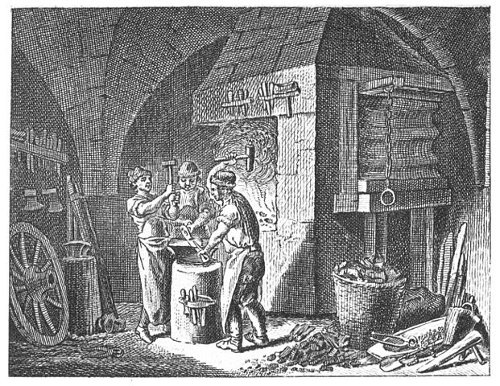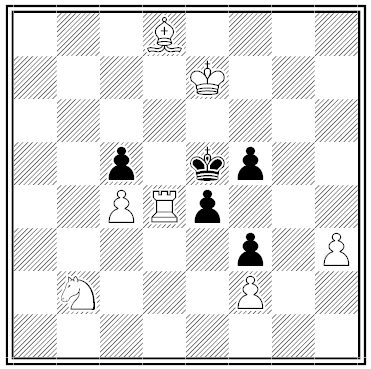Extract from the log of A.H. Raymer, second officer of the S.S. Fort Salisbury, Oct. 28, 1902, quoted in The Zoologist, January 1903:
Dark object, with long, luminous trailing wake, thrown in relief by a phosphorescent sea, seen ahead, a little on starboard bow. Look-out reported two masthead lights ahead. These two lights, almost as bright as a steamer’s lights, appeared to shine from two points in line on the upper surface of the dark mass. Concluded dark mass was a whale, and lights phosphorescent. On drawing nearer, dark mass and lights sank below the surface. Prepared to examine the wake in passing with binoculars. Passed about forty to fifty yards on port side of wake, and discovered it was the scaled back of some huge monster slowly disappearing below the surface. Darkness of the night prevented determining its exact nature, but scales of apparently 1 ft. diameter, and dotted in places with barnacle growth, were plainly discernible. The breadth of the body showing above water tapered from about 80 ft. close abaft, where the dark mass had appeared to about 5 ft. at the extreme end visible. Length roughly about 500 ft. to 600 ft. Concluded that the dark mass first seen must have been the creature’s head. The swirl caused by the monster’s progress could be distinctly heard, and a strong odour like that of a low-tide beach on a summer day pervaded the air. Twice along its length the disturbance of the water and a broadening of the surrounding belt of phosphorus indicated the presence of huge fins in motion below the surface. The wet, shiny back of the monster was dotted with twinkling phosphorescent lights, and was encircled with a band of white phosphorescent sea. Such are the bare facts of the passing of the Sea Serpent in latitude 5 deg. 31 min. S., longitude 4 deg. 42 min. W., as seen by myself, being officer of the watch, and by the helmsman and look-out man.
The ship’s master added, “I can only say that he is very earnest on the subject, and certainly has, together with look-out and helmsman, seen something in the water of a huge nature as specified.”






